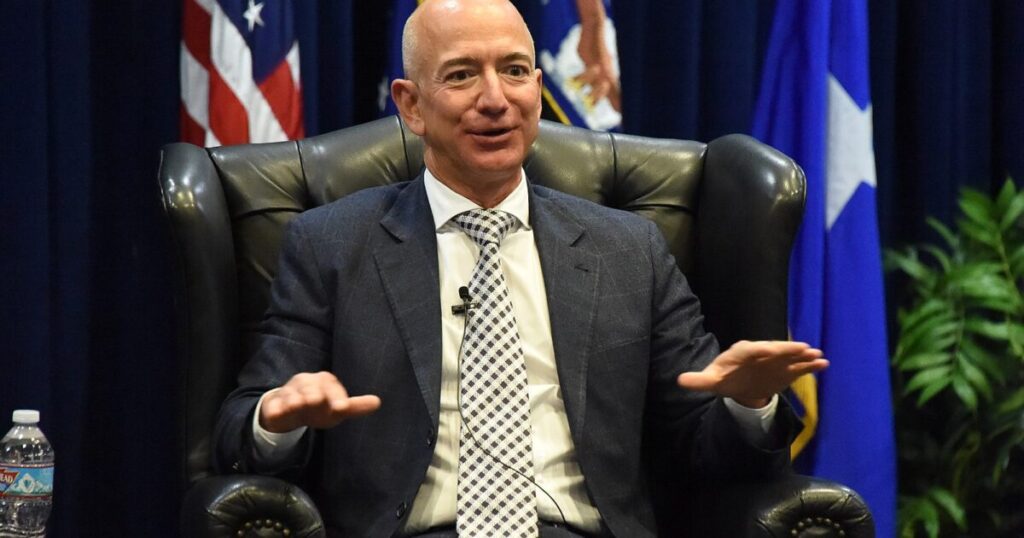The current landscape of political endorsements by major newspapers reveals growing discontent and strategic caution among left-leaning outlets. Insiders from the Washington Post express frustration over the publication’s silence concerning an endorsement for Vice President Kamala Harris in the upcoming 2024 presidential election. This internal unrest reportedly stems from concerns related to the paper’s billionaire owner, Jeff Bezos. Observers speculate that Bezos may be adopting a cautious approach in light of former President Donald Trump’s rising popularity, which could influence the paper’s longstanding Democratic alignments and endorsements.
The editorial board of the Washington Post is said to have crafted an endorsement for Harris. However, the publication has yet to release it, as Bezos and editor-in-chief Will Lewis have refrained from giving approval. This situation has alarmed the staff, especially as the election date draws closer, with millions of voters already casting their ballots. The paper, which has historically backed Democratic candidates like Barack Obama and Joe Biden, appears delayed and hesitant in its current political endorsement. Such hesitance not only reflects internal conflict but highlights broader questions about media influence and responsibility in the electoral process.
The Washington Post’s predicament is not unique, as other major leftist publications face significant backlash over similar issues. The Los Angeles Times, for instance, has also opted not to endorse Harris, despite her being a prominent candidate from California. This shift is attributed to intervention from Dr. Patrick Soon-Shiong, the Times’ billionaire owner, who allegedly mandated a neutral stance during this election cycle. This move has shocked many in California’s liberal stronghold, indicating a potential shift in loyalty and support even among previously aligned liberal media institutions.
The fallout from the Los Angeles Times’ decision has been noteworthy, resulting in the resignation of editorial page editor Mariel Garza, who publicly condemned the lack of endorsement as a violation of journalistic integrity. Soon-Shiong, defending his choice, remarked that the editorial board was allowed to present a balanced view of both candidates’ platforms but chose to remain silent instead. This situation brings to light the complicated decision-making dynamics that exist between media ownership and editorial independence, especially in politically charged times.
Statistical analysis of newspaper endorsements suggests a significant decrease in support for Democratic candidates compared to previous election cycles. Fox News highlighted that endorsements for Democratic hopefuls have dropped by over 60% since past elections. For instance, whereas Hillary Clinton received endorsements from over 240 newspapers in 2016, the current figures for Kamala Harris stand at fewer than 80 endorsements. This decline in newspaper backing reflects broader changes in the political landscape and could signal increasing skepticism toward Democratic nominees among media outlets that traditionally lean left.
The interplay of media ownership, political endorsements, and voter sentiment creates a complex environment heading into the 2024 election. The hesitance of major publications like the Washington Post and Los Angeles Times to firmly endorse Kamala Harris aligns with the changing dynamics of voter support and candidate viability, particularly in the face of Donald Trump’s resurging popularity. As these organizations grapple with internal conflicts and external pressures, their decisions may ultimately shape public perception and voter engagement in the forthcoming elections. This situation not only underscores the challenges faced by media organizations but also reflects a shifting paradigm in the relationship between journalism and politics in the United States.

